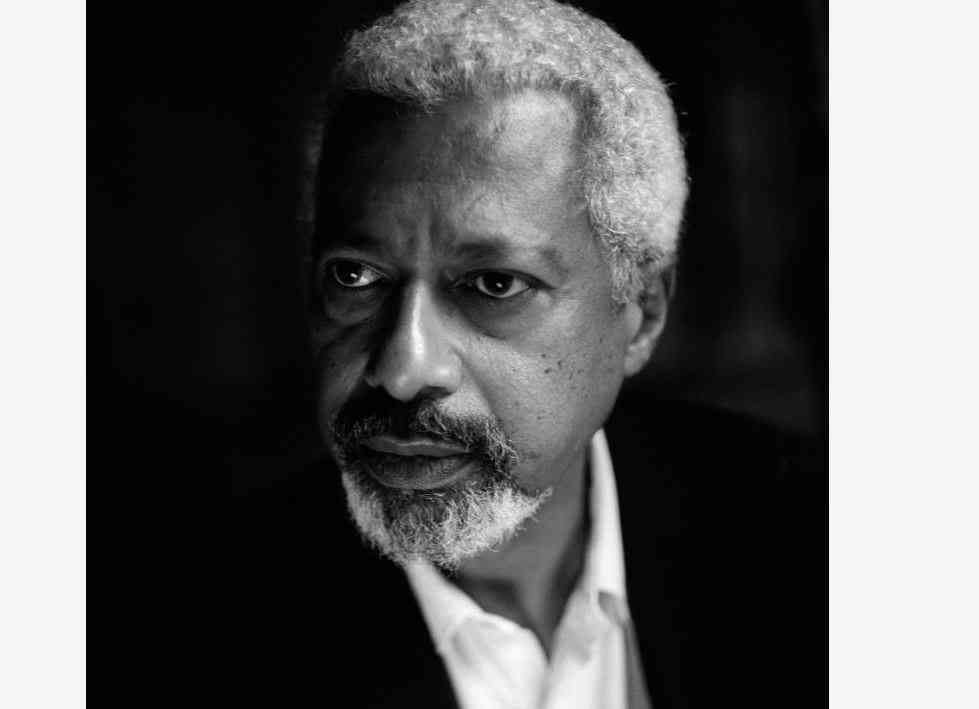×
The Standard e-Paper
Stay Informed, Even Offline

East Africa's biggest literary festival, the Macondo Literary Festival, is set to make a comeback at the end of the month.
This second edition, dubbed 'The Future of Memories', will bring together Brazilian, Anglophone (English-speaking), Lusophone (Portuguese-speaking) and Francophone (French-speaking) African writers in conversation across and beyond the limits of language.